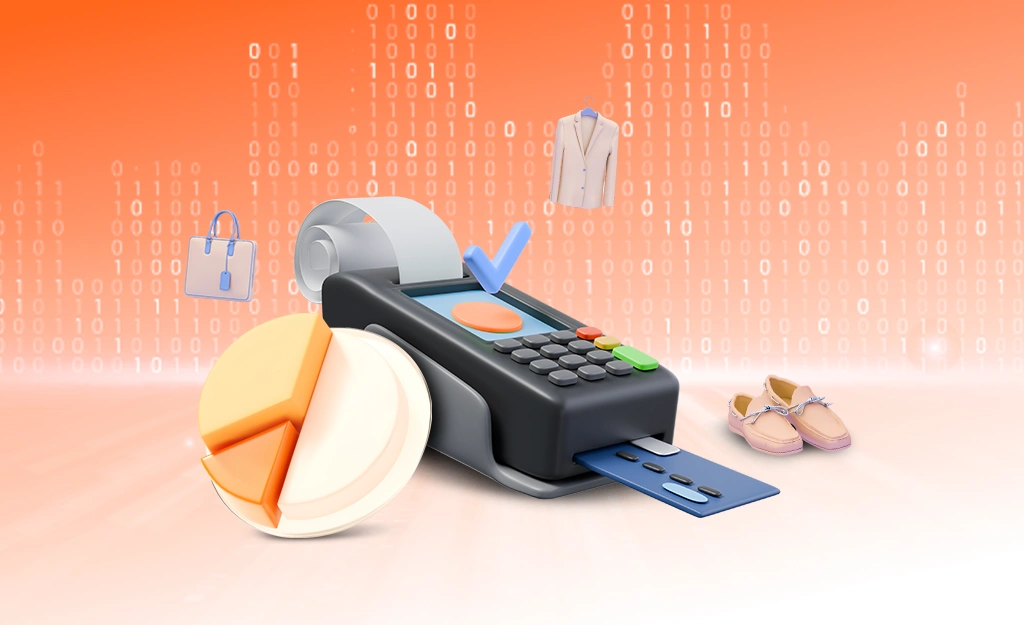Digitalization has brought many innovations that accelerate and optimize the business processes of companies. Electronic invoice (e-Invoice) and e-Archive invoice systems are among the most important examples of these innovations. In Turkey, regulations set by the Revenue Administration (RA) encourage the spread of these systems to a wider audience and make them mandatory for some taxpayers. The 2024 regulations include new limits and obligations, especially regarding e-Invoice and e-Archive invoices. These systems, which provide speed, cost advantage and convenience in tax compliance processes for businesses, also offer an environmentally friendly operation.
What is e-Invoice and How Does It Work?
e-Invoice can be defined as the digitalization of traditional paper invoices. Unlike paper invoices, invoices are created, transmitted and stored digitally through the e-Invoice system. This system operates on a centralized infrastructure run by the Revenue Administration. Thanks to the e-Invoice system, businesses can issue invoices digitally in accordance with tax legislation and easily integrate these invoices into their accounting systems.
Terms of Transition to e-Invoice System and 2024 Updates
As of 2024, the lower turnover limit for the transition to the e-Invoice system has been updated to 3 million TL. This means that taxpayers whose gross sales revenue exceeds this amount must mandatorily switch to the e-Invoice system. Lowering this limit, which was previously 5 million TL, enables more businesses to be included in the digital invoice system. However, the e-Invoice system offers cost advantages and operational efficiency not only for large businesses but also for smaller businesses.
Some of the advantages of the e-Invoice system are as follows:
Cost Savings: Provides significant savings by eliminating paper, ink, postage and archiving costs.
Time Savings: Invoices can be quickly created and transmitted to the other party.
Ease of Verification: Since invoices are stored digitally, tax audit processes are completed more quickly and smoothly.
E-Archive and Invoice Differences
e-Archive invoice is a system that enables the creation and storage of invoices that must be issued on paper in a digital environment. Although this system is similar to e-Invoice, it also allows invoices to be sent to individuals and businesses that are not e-Invoice taxpayers. In particular, invoices issued to individual customers or businesses that are not included in the e-Invoice system are issued as e-Archive invoices.
E-Archive Invoice Usage in 2024
In 2024, important changes regarding the use of e-Archive invoices also entered into force. For example, taxpayers whose gross sales revenue exceeds 500 thousand TL must issue e-Archive invoices. However, it is of great importance for companies operating in the e-Commerce sector to issue e-Archive invoices in terms of both tax compliance and customer relations.
Some of the advantages of e-Archive invoice are as follows:
Online Submission: Since invoices are sent digitally, it eliminates shipping and postage costs.
Environmentally Friendly: Minimizes the use of paper and offers an environmentally friendly alternative.
Quick Access: Provides quick and easy access to past invoices.
Technological Developments in Electronic Invoice Systems
Along with digitalization, there are many technological developments in electronic invoice systems. Especially the use of artificial intelligence and automation technologies in this field makes the business processes of businesses more efficient. The technological developments that have come to the fore in e-Invoice and e-Archive invoice systems in recent years are as follows:
Automatic Invoice Integration: Thanks to full integration with accounting and ERP systems, invoice processes can be automated. This minimizes manual processing errors.
Cloud Based Storage: Storing invoices securely in the cloud eliminates backup and archiving problems for businesses. Cloud-based solutions provide access to invoices from anywhere.
Data Analytics: Electronic invoice data can be used for businesses to better understand their financial performance and make strategic decisions.
Electronic Invoice and Tax Audit Processes
Electronic invoice systems play an important role in tax audit processes.
Since invoices issued in digital environment are instantly transmitted to the central system of the Revenue Administration, audit processes can be carried out more transparently and quickly. Businesses using e-Invoice and e-Archive invoices do not lose time in audit processes, while tax compliance processes are completed more smoothly.
The main contributions of these systems to tax audit processes are as follows:
Transparency: Since all invoice transactions are digitally recorded, errors or irregularities are minimized.
Time Savings: Since invoices are stored digitally, audits are completed quickly.
Ease of Compliance: Digital invoices are issued in accordance with tax legislation, allowing businesses to easily fulfill their tax obligations
Advantages of Using Electronic Invoice
The advantages of using electronic invoices are not limited to cost savings. Businesses can realize significant improvements in their business processes by using digital invoice systems. The main advantages offered by electronic invoice systems can be listed as follows:
Fast Transaction Processes: Thanks to the E-Invoice system, transactions are completed faster and business processes of businesses gain speed.
Easy Archiving: Electronic invoices are easily archived digitally, making it much easier to access invoices.
Nature Friendly: Minimizing the use of paper, these systems offer an environmentally friendly solution.
Fewer Errors: Thanks to automated systems, manual errors made when issuing invoices are reduced.
Faster Payment: As electronic invoices reach the recipient faster, payment processes are also accelerated.
Secure Collection System
Digitalize your business processes and gain speed in the collection process! Finrota's Netahsilat system offers an effective solution for businesses to easily manage dealer and customer payments with unlimited virtual POS integration, compatible with ERP and accounting systems. With its secure PCI DSS infrastructure, it enables receiving payments from dealers and customers via SMS, e-mail and QR code. Complete your digital transformation with Netahsilat now; make collections more efficient, fast and secure!


